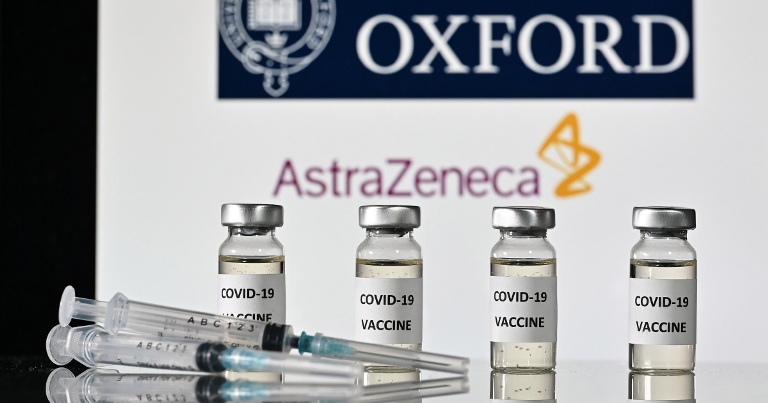
The ongoing vaccination program could be disrupted if the consignments from India do not arrive in time
As Bangladesh prepares to start administering the second dose of Covid-19 vaccine, the health authorities in the country are in fear of facing an uncomfortable situation soon with vaccine storage drying out.
The authorities may have to explore alternative sources to bring in new supply as India imposed a ban on vaccine export recently.
The government, however, is confident that they will be able to bring in the necessary vaccine to continue administering the second dose from April 8.
Sources from the Health Ministry said they have already made advance payment for Covishield, the Covid-19 vaccine originally developed by UK’s Oxford University and pharmaceutical giant AstraZeneca, and manufactured by the Serum Institute of India (SII).
However, if the consignments from the SII do not arrive in time, the ongoing vaccination program could be disrupted.
According to the Directorate General of Health Services (DGHS), as much as 5.4 million people have been vaccinated so far with nearly 4.8 million vaccines still in hand.
The country will need at least the same number of vaccine shots stored in hand to administer the second dose.
Moreover, the approach made by the United Kingdom, United States and EU governments is casting doubts over getting the vaccine through Covax, an initiative by GAVI and World Health Organization.
Health authorities also received confirmation from GAVI via email that the supply of 20 million doses of the vaccine could arrive in the first week of May instead of April only if India lifts its export ban.
Prof Dr Meerjady Sabrina Flora, additional director general of DGHS, told the media on March 29 that they do not have enough vaccine to complete a second dose right now but hopefully consignments will arrive soon.
However, Rabbur Reza, chief operating officer of Beximco Pharma – who is acquiring the vaccine on behalf of the Bangladesh government, told the media on Thursday night that they were yet to receive any update on the next shipment.
Exploring other options
Meanwhile, other sources from the ministry said they are considering importing single dose vaccines developed by Johnson & Johnson as it would allow vaccinating more people.
However, a top official of a pharmaceutical company said it would be impossible for any company to import the vaccine right now.
He said the company tried to import vaccines from another manufacturer but they did not agree to make the supply at this moment.
According to www.statista.com, some 1,000 million doses of vaccine have already been ordered by seven countries – the US, UK, Canada, Colombia, South Korea, Chile, New Zealand – as well as the EU and African Union. The manufacturing company cannot make any more supply before June.
Meanwhile, Health Service Secretary Abdul Mannan said the authorities are worried as the chances of receiving vaccines are getting slimmer, but the ministry is trying to explore its option to bring vaccines as soon as possible.
Importing vaccine
Muhibur Rahman, additional secretary (Administration) of Health Service Division, said they were going to invite companies eager to import vaccines or produce vaccines inside the country.
According to the ministry sources, more than five companies have approached them to import vaccines from Russia, China and the US.
Sources from the health ministry said the ministry is going to permit private imports of Covid-19 vaccine.
Asian Development Bank is reportedly financing the import as the vaccine developed by Johnson & Johnson would be prioritised.
However, Muhibur Rahman said they are yet to determine which vaccine they will procure. The government would purchase 30 million doses of vaccine through an open tender.
“If any company ensures that they can provide the vaccine, they would be welcomed. But the vaccines would have to be recognized by WHO for emergency use,” he added.












0 Comments